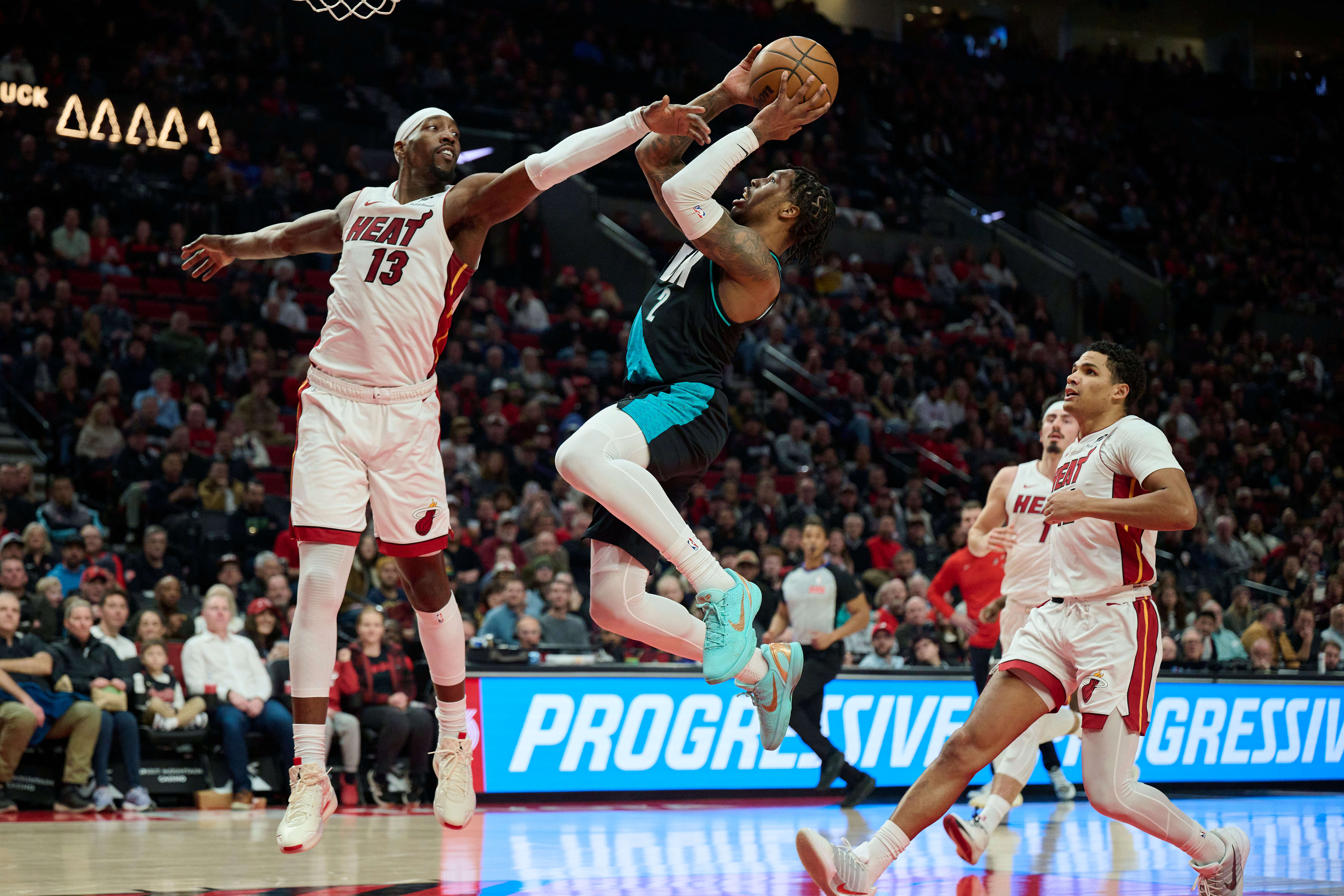The Florida Supreme Court on Thursday turned down a request by two parimutuel gaming operators to review whether the state’s compact with the Seminole Tribe, which gives it exclusive rights to operate Florida sports betting, violates the state’s constitution.
In the 11-page ruling, Justice Meredith Sasso wrote that West Flagler Associates and Bonita-Fort Myers Corp. sought relief that “is beyond what” the state’s top court can provide.
Rather than filing the case at the circuit court level, the operators filed their case with the Supreme Court six months ago, arguing Gov. Ron DeSantis and other state leaders exceeded their authority by entering into and approving the compact as well as passing a law allowing sports betting. West Flagler and Bonita-Fort Myers argued that both the compact and law violate the constitutional amendment ratified in 2018 requiring voters to approve any proposal to expand gambling off tribal lands.
“Ultimately, the relief that Petitioners seek is beyond what quo warranto provides,” Sasso wrote. “We have never used the writ to test the substantive constitutionality of a statute, and we decline Petitioners’ implicit invitation to expand the scope of the writ here. To do so would serve as an affront to an essential feature of quo warranto—that it is used to challenge the authority to exercise a state power rather than the merits of the action.”
Ruling ‘Major Victory’ for Seminole Tribe
Under the compact, the state gave the Seminoles exclusive rights to offer sports betting, both at its tribal casinos across the state and statewide through Hard Rock Bet Florida, its online app. The tribe also received rights to build new casinos on its land and add roulette and dice-based table games at its brick-and-mortar establishments.
While anyone over the age of 21 could place a sports betting wager from Pensacola to Key West, both the state and tribe have argued that online sports betting still takes place on tribal lands since that’s where the servers accepting and processing the bets are located.
The Seminole Tribe, which was not an official party in the lawsuit, celebrated the ruling.
“This is a major victory for the people of the State of Florida, who can count on billions of dollars over the coming years to fund important state needs,” the tribe said in a statement. “Floridians and visitors can enjoy statewide sports betting and expanded casino games, now and into the future. And it means the Seminole Tribe of Florida can have confidence in the future.”
What’s Next In Florida Sports Betting Case?
The unanimous ruling is also a victory for Gov. Ron DeSantis and other state officials who were sued by the petitioners. However, West Flagler and Bonita-Fort Myers, both of which still have an active federal lawsuit that’s currently before the U.S. Supreme Court, still have options at the state level to pursue the case.
According to Sasso’s order, the ruling is not final until the timeframe for the petitioners to file a request for rehearing expires, and if that happens, when the court rules on that request. Attorneys for the gaming operators have 10 days from the time they receive the order to file for reconsideration.
Bob Jarvis, a professor of law at Nova Southeastern University’s Shepard Broad College of Law, told FloridaBet.com Thursday afternoon that he expected the state Supreme Court’s ruling. He believes their next step will be “to follow the correct route and sue in the Leon County Circuit Court,” located in Tallahassee, the state capital.
“It will lose this lawsuit, too, of course, but given WFA’s penchant for burning money on pointless lawsuits, suing in the Circuit Court will be just too irresistible,” Jarvis said.
Jarvis also said he expects any motion for the justices to reconsider the case to be rejected since the panel voted unanimously and the petitioners' case is without merit.
A message seeking comment from the petitioners’ attorneys was not immediately returned on Thursday.
West Flagler and Bonita-Fort Myers are also seeking to stop online Florida sports betting apps at the federal level. Their November 2021 victory against the U.S. Department of the Interior was overturned by the U.S. Circuit Court of Appeals for the District of Columbia last summer. However, they have asked the U.S. Supreme Court to take up the case.
The federal government is expected to file its response to that request next month.






